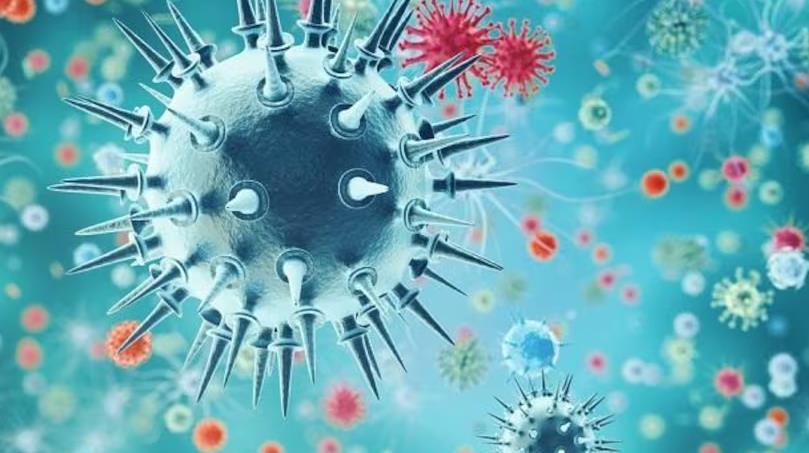In light of the recent spike in cases of whooping cough, also known as Pertussis, in Sabah, families are being advised to take necessary precautions to safeguard their babies from the disease. Health Minister Dr Zaliha Mustafa has highlighted the increased vulnerability of babies to the disease and urged parents and caregivers to stay alert and cautious.
Sabah has seen an alarming rise in the number of whooping cough cases, with 76 cases recorded from January until April 28th, 2023. This marks an increase of 986% from the previous year, with one reported death due to the disease. The spread of the disease has been linked to the lack of vaccination in infants and young children.

The Impact of Whooping Cough on Babies
Whooping cough is a highly contagious bacterial infection that can lead to severe coughing fits, breathing difficulties, and in rare cases, death. Infants below the age of six months are particularly vulnerable to the disease, and their infections can often be severe. The disease can spread quickly through close contact with an infected person, making vaccination the best prevention method.
Importance of Vaccination and Precautions
To prevent the spread of whooping cough, parents and caregivers are advised to ensure that infants receive timely vaccinations from their healthcare providers. Additionally, they should monitor and be alert to bouts of coughing among young children, as whooping cough can often mimic cold and flu symptoms. It is also necessary to maintain proper hygiene, such as frequent handwashing and avoiding close contact with anyone who shows symptoms of the disease.
The recent surge in whooping cough cases in Sabah is a worrying trend that demands attention from families and healthcare professionals. With the rise in cases and the increased vulnerability of young children, it is crucial to take necessary precautions and vaccinate infants against the disease. By staying vigilant and adopting best practices, families can help protect their loved ones and prevent the spread of the disease.
